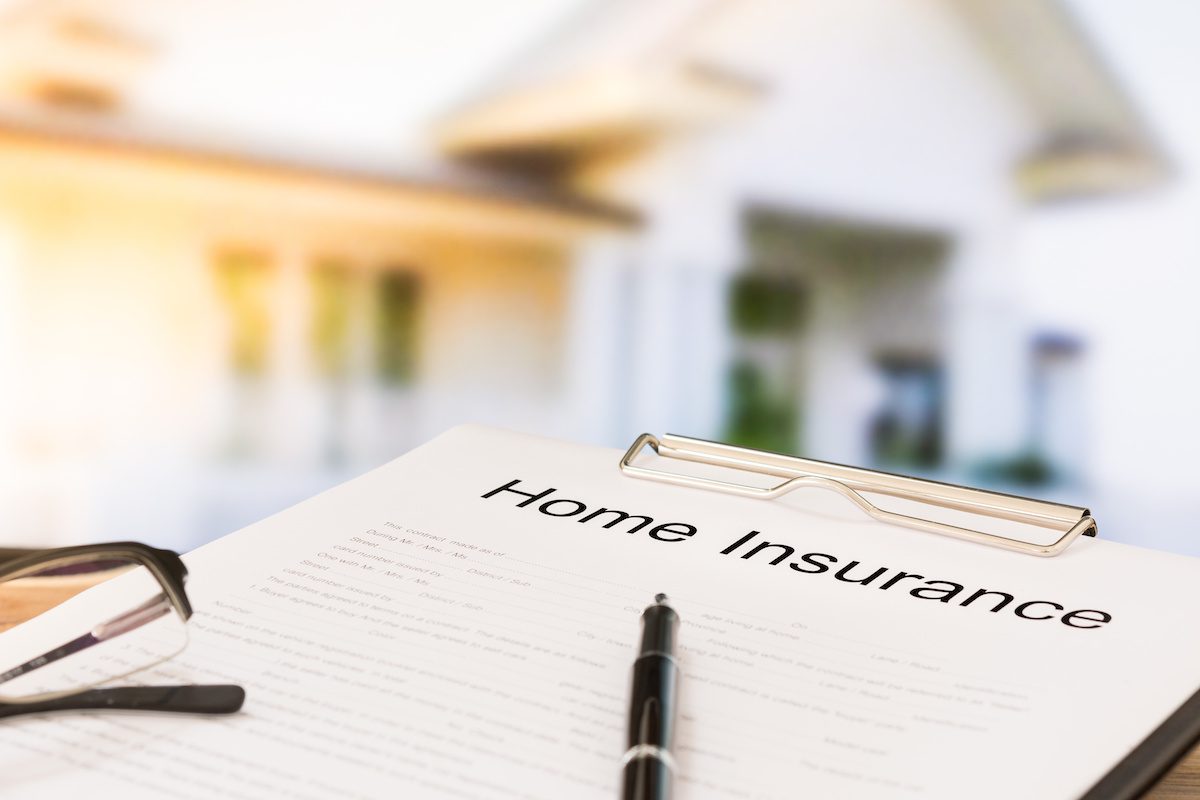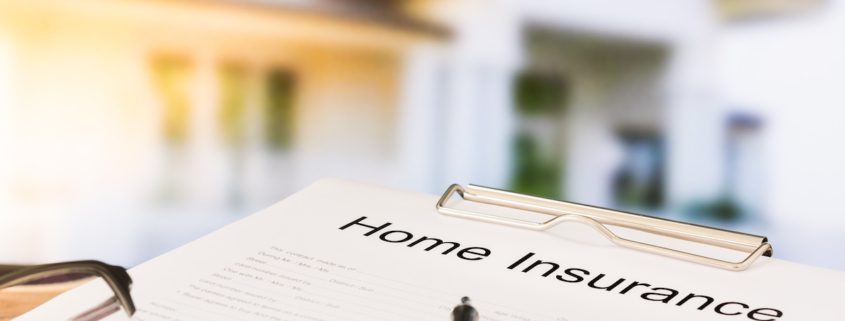Homeowners Insurance Fact or Fiction? Take the Quiz

Homeownership may be the American Dream, but it comes with a stark reality that often comes as a shock to first-time buyers: homeowners insurance. Beyond knowing that your mortgage holder requires it, many Americans are woefully uninformed about the topic. Test your homeowners insurance IQ with this quick quiz.
If you own your home outright, you still need homeowners insurance.
Once you’ve paid off the mortgage, you are no longer contractually obligated to insure your home. But letting your policy go could be pennywise and pound foolish. In addition to the potential of extreme monetary loss in the event of theft, vandalism or catastrophe insurance would have covered, you may also have a tough time getting coverage or face higher premiums if you change your mind later.
Homeowners insurance covers water damage.
Actually, it depends on what caused the water damage, and if it was a flood, your standard homeowners policy absolutely does not cover the damage. On the other hand, if a tree punched a hole in your roof during a rain storm, that damage will be covered to the limits of your policy. Most standard policies will also cover accidental water or steam discharges, or overflow from plumbing, air conditioning, heat, automatic fire sprinklers and appliances such as water heaters and washing machines, as long as the damage wasn’t caused by negligence on your part.
If you don’t buy a policy, your mortgage holder can legally buy a policy for you.
Yes, they can. Contractually, they own the property until you’ve paid off the mortgage. Fail to carry the required insurance and they’ll get a policy to cover their assets. It’s called forced-place insurance and you really don’t want to go there. And, they’re under no obligation to shop for the best deal, so your premiums will typically much higher, maybe even with a lower deductible, than what you could have secured for yourself. It’s also probably won’t cover your personal property or liability if someone is injured on your property.
Your credit rating can affect your premiums.
Unless you live in California, Maryland or Massachusetts, which prohibit the practice), your credit rating is one of the first things an insurer will look at when determining your homeowners insurance premium, or even whether to sell you a policy! A 2014 InsuranceQuotes.com study found that poor credit can jack up your premiums by as much as 91%, while even a fair to median credit rating can increase premiums by 29%. Keep tabs on your credit rating and if it improves, shop for a cheaper homeowners insurance policy.
Your dog could mean higher premiums.
We know, it’s not the breed, it’s the owner, but insurance companies don’t see it that way. Because your standard homeowners insurance policy includes coverage for injuries to people on your property, your dog could be a big liability. Some insurers exclude coverage altogether for certain breeds including Akitas, Alaskan Malamutes, Boxers, Cane Corsos, Chow Chows, Dobermans, German Shepherds, Great Danes, Mastiffs, Pit Bulls, Presa Canarios, Rottweilers, Siberian Huskies, Staffordshire Terriers and any kind of wolf hybrid. If you don’t want to part with Fido, you can still protect yourself with a separate umbrella liability policy.
Where you live can mean higher premiums.
Insurance companies use a number of factors to calculate your homeowners insurance premiums. One of them is where you live. They do this because some areas are actuarially more likely to result in certain types of claims. They may have historically higher crime rates, more mud slides, greater risk of wildfires, or areas prone to tornados, floods or hurricanes. Keep that in mind when you’re shopping for a home.
Need to buy homeowners insurance or shop for competitive quotes? You can do that here.

 EINSURANCE
EINSURANCE EINSURANCE
EINSURANCE